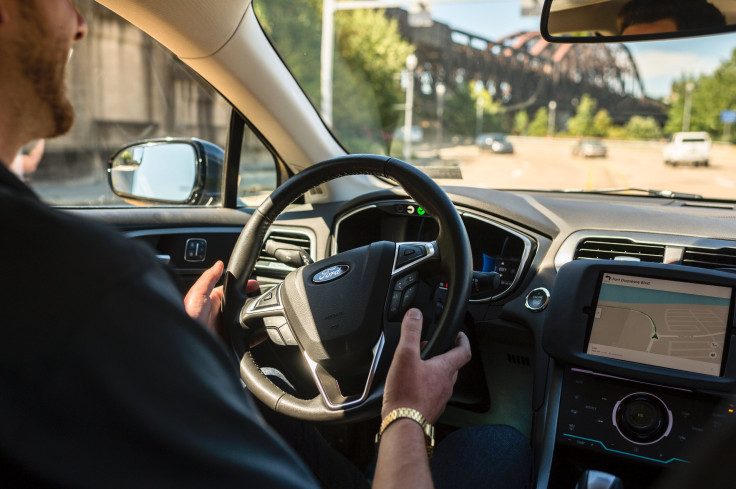Uber Resumes Testing Self-Driving Vehicles -- It Doesn't Have A Choice

After an eight-month break, Uber is starting up its autonomous vehicle test program once again, according to a recent article in The Wall Street Journal. You may recall that the company paused its program back in March after one of its autonomous vehicles struck and killed a pedestrian in Arizona, while the backup driver in the vehicle watched TV on her phone.
This article originally appeared in The Motley Fool
Uber's ramp-up of testing will likely be a slow one. The company says it will begin by limiting its vehicles to on a one-mile stretch of road in Pittsburgh, Pennsylvania during daylight hours on weekdays. The cars' speed won't exceed more than 25 miles per hour, and there will be two employees assigned to each test drive. These self-imposed restrictions are part of Uber's attempt to earn back trust from the public and local governments by showing that it can responsibly test its technology on public roads.
This move is likely coming now because Waymo, Alphabet's (NASDAQ:GOOG)(NASDAQ:GOOGL) self-driving vehicle company, just launched a limited commercial autonomous ride-hailing service a few weeks ago, and General Motors (NYSE:GM) is expected to debut its own service sometime next year.
Waymo and GM are in the fast lane
Before the fatal crash earlier this year, and under the direction of Uber's co-founder and former CEO Travis Kalanick, the company had taken a much more aggressive approach to testing its autonomous vehicles. But it made irresponsible moves, including placing self-driving vehicles on the road with flawed systems that failed to recognize red lights, among other issues. And the company continued to test its vehicles on California roads for a time even after it was told to cease due to having failed to renew its autonomous vehicle permits in the state.
Uber's testing hiatus left it even further behind self-driving vehicle leaders Waymo and GM in a market that's poised for substantial growth in the coming years. The latest advance for Waymo One allows some members of the company's Early Rider program to pay for self-driving rides in the Phoenix, Arizona area. It's the first service of its kind, and though it's limited to only a few hundred people at the moment, the company plans to open it to more users and add cities in 2019.
Similarly, GM's self-driving vehicle subsidiary, Cruise Automation, has completed extensive tests of its vehicles and says it will launch an autonomous vehicle service sometime next year. The company is also working on developing a fully autonomous vehicle from the ground up and has partnered with Honda to make the car a reality. The companies stated in a press release that the vehicle will "serve a wide variety of use cases and be manufactured at high volume for global deployment."
This isn't about research anymore
IHS Markit predicts that by 2040, more than 33 million autonomous vehicles will be sold annually worldwide. And Intel, which owns the self-driving tech company Mobileye, believes that this technological shift will create a $7 trillion passenger economy by 2050. In other words, while we're still a couple of decades away from autonomous vehicles being ubiquitous, the early leads that automakers and tech companies build today could be worth billions of dollars down the road.
Uber's future could well be built on self-driving robotaxis, and with its IPO just around the corner, it's eager to get back on the road and prove that it can keep up with the big dogs in this space.
The Motley Fool has a disclosure policy.





















